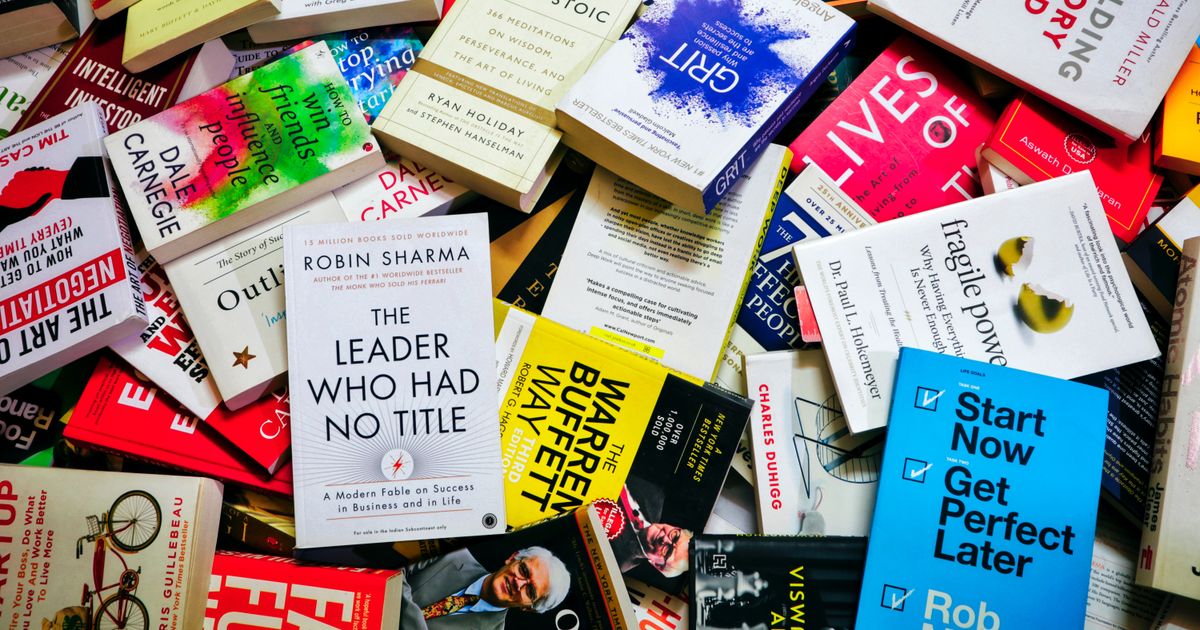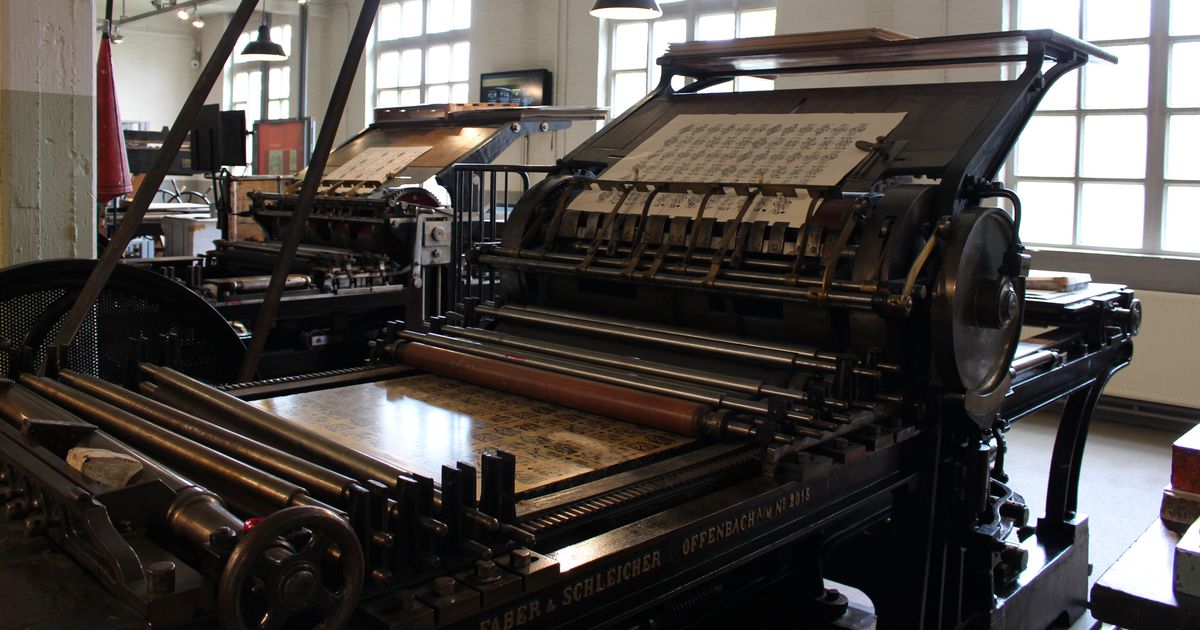As a writer, your likelihood of having to deal with literary agents and publishers is high. If all goes well, you'll have to spend a lot of time discussing rights, contracts, advances, royalties, and other important matters. This is a complex issue that requires you to know some details in order to not make mistakes when making decisions.
ℹ️ If you know how to act in each case, and if you know how to demand your rights, you will feel much confident when negotiating with publishers.
It's vital you understand the most common questions related to traditional publishing. While the notion is straightforward, it can raise a slew of other concerns for first-time authors:
- Are royalties paid to authors right away?
- How much money can an author make?
- What is a normal nonfiction book profit margin?
Royalties don't have to be a mystery. They're quite simple to figure out.
- How does an author make money?
- Which of the three systems is the best?
- How much do you make for each book?
- Is there money to be made from selling royalties?
- How much can I expect for my first advance?
- When several publishers are interested in the book, should I go for the one that pays the best?
- When do you receive the money once the contract is signed?
- Do authors get paid directly by the publisher?
- How do I make sure I get paid correctly?
- What happens if the book fails? Do I have to pay back the money?
- Are there trends in advance payments today?
How does an author make money?
You sign a contract with a publisher. There are different ways through which an author is paid for assigning rights to a publisher. In exchange for assigning the rights to the printing of your book in the original language and various other rights, you are paid in 3 ways:
-
Royalties. You are paid a small amount for each book sold. Each book sold earns you a tiny commission. The payment process for when you sell a book will depend on the publishing house you are working with, but in general, it is usually based on royalties.
-
Fixed fee. A fixed fee that will not be subject to change based on how well or poorly your book sells. This way, authors are not spending time worrying about earning more money, but rather focusing on producing their best work. For example, if your fee is $10,000, the amount will be the same whether you sell 10 copies or 10 million copies.
-
Fixed plus book royalties. An upfront amount and the promise of royalty payments if the book sells well.
Related Posts:

How to Create an Audiobook?
The audiobook market is growing at a rapid rate of almost 30%, which is much more than the growth for ebooks. But the question is how to create an audiobook? In…
Which of the three systems is the best?
Fixed plus book royalties. This is probably the most beneficial and is by far the less common, so assume that it is not always possible to negotiate an advance payment. In fact, there are few cases in which this is possible.
But let's go into a little more detail on how this system works… For example, let's say the publisher offers you an upfront payment of $60,000, and you receive $4/book. It should be clear that the upfront payment is a royalty on the first 15,000 books. As you have received the money for the payment of the first 15,000 books, you will not start receiving the additional $4/book until the sale of the 15,001st copy.
Therefore, the royalty possibilities are endless. You can be earning $4 forever as long as your book continues to sell in bookstores or on Amazon.

How much do you make for each book?
Pricing is based entirely on your book's retail price and the costs to produce one unit. If you sell in the hardcover format, you can get $4 per book. Non-fiction writers are often able to charge around $1 per unit. And of course, keep in mind that if you write with another author this price drops by half.
It usually ranges from 5 to 12% (depending on the terms of each publisher). It may sound low, but publishers run an enormous risk when it comes to launching a book on the market.
ℹ️ Even if the commercial valuation of the manuscript is good, they never know how the reader will react. Maybe what they thought would work great doesn't, and a book that a publisher considers weaker becomes a best seller.
Publishers only bet on "saleable" books that are going to make them money. Let's not forget, publishers are companies that want to make profits.
Is there money to be made from selling royalties?
Traditionally, yes (unless you have a contract that says otherwise). If a production studio wants to buy the rights to a film, they have to pay you (and it's not cheap, by the way).
The more normal option will be the temporary purchase for a more limited amount of rights. In any case, you also get paid for it.
For each sale in a foreign country, you also get to earn money. It works in the same way as the rest. You receive an amount for each country (upfront) with the possibility of earning more (royalties) if the book sells well. If the book manages to sell in 10 countries, it is a very good (and simple) way to monetize the project.
How much can I expect for my first advance?
This is a question that no one ever seems to be able to answer. The reason it is unanswered is not that publishers are shy, but rather because it is unanswerable.
ℹ️ The answer depends on the genre of the book, the size of the publisher, the scope of the deal, the platform, the skill of your agent, and much more.
Both $3,000 and $100,000 deals happen. That's why there is no response. No one wants to take a chance on a number for fear that it will be interpreted as fact.
If you are new in this industry and your literary experience is not extensive, do not talk about advances with the editor. The time will come when you will be able to do so. The important thing is that the publisher trusts you and gives you the opportunity you are looking for.

When several publishers are interested in the book, should I go for the one that pays the best?
Not necessarily. Money will play a big role in selling the book, but there are more things to consider:
- Are a marketing and public relations campaign promised?
- Do they seem enthusiastic about the book?
- In exchange for money, what royalties and percentages are they seeking?
- Do they develop and publish quality books?
- Do they have a track record of retaining their books and promoting them for years?
- Do they print 10 or 400 books per year?
All of these questions are also factors to consider. You may think that it is better to get a $10,000 deal with a publisher who loves the book than one who offers you twice as much but doesn't like it as much. It's the enthusiasm for the book that can get you a better deal so that it sells well.
When do you receive the money once the contract is signed?
It depends. Normally the payment is made in several parts. For example, if you sign a contract for $12,000, you may receive $4,000 (1/3) at the signing of the contract, a third party when the editing work on the project is finished, and the last part when the book goes on sale.
Do authors get paid directly by the publisher?
Again, it depends. The check can be sent directly to the agent and cashed by the agent. The agent then sends a check back with 85% of the original value. The conventional agent's commission is 15% of any payment made for the book. Their financial success is directly tied to yours, so they will fight for and guide you to a good deal.
How do I make sure I get paid correctly?
It's hard to be sure. For that reason, it is advisable to find a literary agent. It is your responsibility to liaise with the publisher and the accounting department to confirm that royalty payments accurately reflect totals that take into account sales, returns, royalties, etc.
What happens if the book fails? Do I have to pay back the money?
No, any advance payment is for you and no matter what. But there is a small but.
If the book fails and the project is a flop, this becomes a big obstacle if you want to sell another book. Yes, a big upfront payment means a large sum of money, but a small payment can mean reasonable expectations for you and a chance for your book to be profitable, making you a "valued author" in the eyes of the publisher.
ℹ️ All authors should have their platform, social media coverage, speaking at author conferences and courses to sell more books and have a more attractive profile in terms of future book sales.
Are there trends in advance payments today?
Yes, there are: prepayments are trending down. That's bad.
The good news is that, if your book sells well, you can still earn a good amount in royalties.
What's there to know about great writing and making money with your books? Much more, of course, but these are some important points.
It is important that you know how the publishing industry works before entering it. And of course, royalties are one of its essential pillars.

